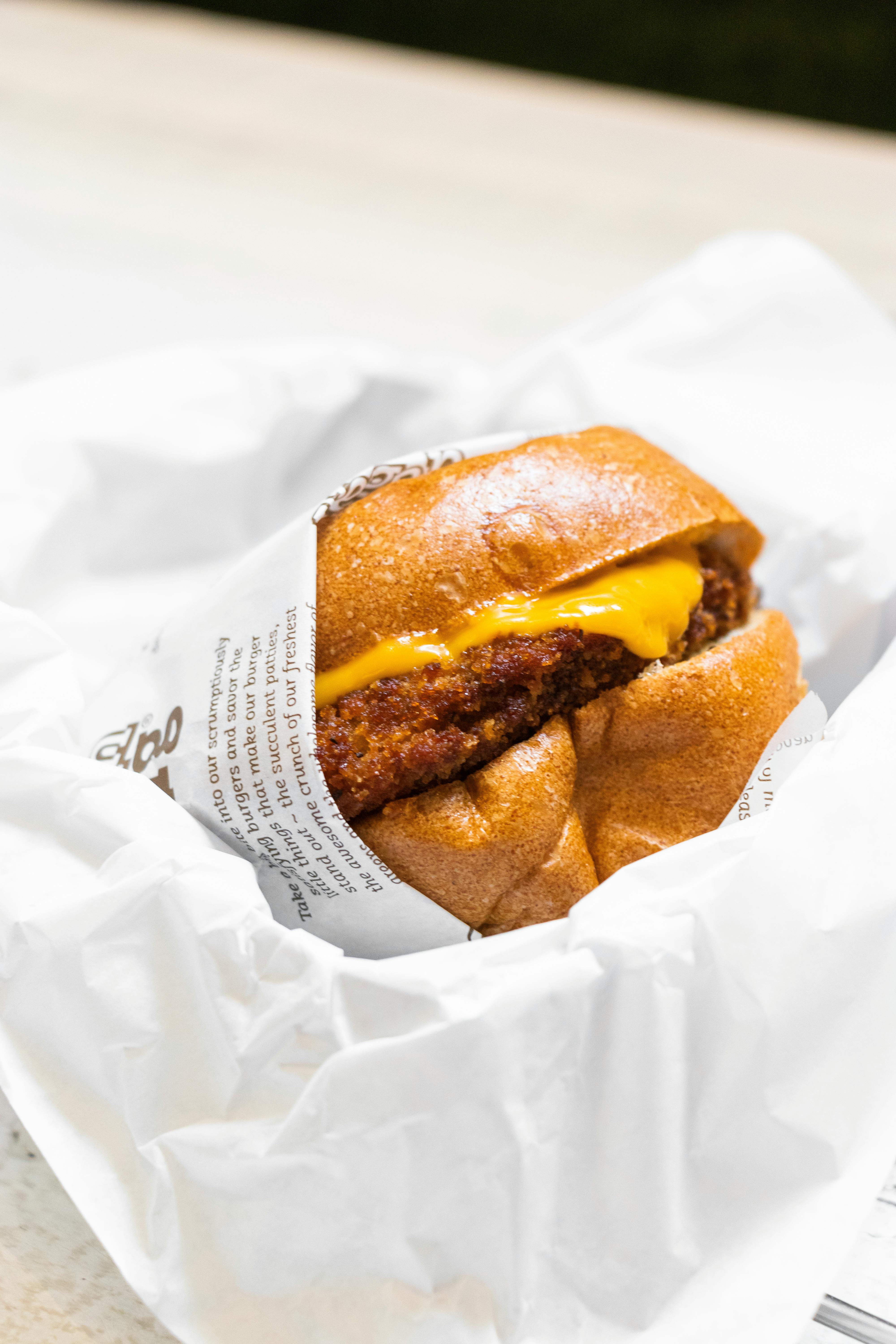Food Grade IBC California Recycled: Safe & Sustainable Storage
As the demand for sustainable, food-safe storage grows, the spotlight has shifted to food grade IBC California recycled solutions. These containers are revolutionizing food logistics with their durability, safety, and eco-conscious production. In this article, you’ll explore the core concepts, practical steps, and advanced uses of food grade IBCs in California, and how they are reshaping the future of food handling and storage.

Understanding the Fundamentals
Food grade Intermediate Bulk Containers (IBCs) are specialized containers used for transporting and storing bulk quantities of food products. When these IBCs are manufactured using recycled materials in California, they not only ensure food safety but also contribute to a greener planet.
Understanding how and why these containers meet rigorous safety and environmental standards is crucial. Their evolution reflects both technological advancements and a growing commitment to sustainability in food-related industries.
1.1 What Are Food Grade IBCs?
Food grade IBCs are bulk containers made of high-density polyethylene (HDPE) or other approved materials that meet FDA or USDA standards. These materials ensure no chemical leaching, odor, or contamination of food contents.
They are commonly used in dairy, beverage, and food manufacturing industries for storing syrups, oils, and liquids. Due to their structure, they’re stackable, reusable, and easy to clean, making them ideal for sustainable operations.
1.2 Why California Recycled IBCs Are Unique
California leads in environmental regulation, and IBCs recycled within the state often exceed national benchmarks for sustainability. These containers reduce plastic waste, lower carbon footprints, and adhere to California’s stringent recycling laws.
Through innovative processing, used IBCs are cleaned, sterilized, and repurposed for safe food use again. This process allows industries to adopt circular economy practices while maintaining food-grade standards.
Practical Implementation Guide
Understanding the theory behind food grade IBCs is one thing—applying them effectively in real operations is another. In this section, we’ll walk through the practical steps to implement food grade IBC California recycled solutions and achieve consistent performance while minimizing risk.

2.1 Actionable Steps
- Assess Your Needs: Evaluate what types of food materials you’ll store—liquids, grains, powders—and select compatible IBCs.
- Source Certified Recyclers: Work with certified California recyclers who specialize in food grade repurposing to ensure compliance and safety.
- Sanitize and Test: Every recycled IBC should undergo sanitation and integrity testing to meet food safety standards.
2.2 Overcoming Challenges
Common challenges include contamination risks, supply delays, and certification issues. Always request documentation proving FDA-compliant materials and recycling processes.
Additionally, ensure containers are properly cleaned with non-reactive chemicals. Expert tip: implement a rotational inspection system every six months to maintain performance and safety.
Advanced Applications
Once you’ve established reliable practices using food grade IBCs, you can explore more sophisticated applications. These include integration with smart tracking systems, automation for bulk transfer, and modular storage units customized for food production lines.

3.1 Automated Dispensing Systems
Some companies integrate food grade IBCs into automated lines for faster, safer food handling. These systems connect sensors, pumps, and valves to IBC units, streamlining the dispensing of syrups or sauces in real-time.
Case studies show a 25% increase in processing efficiency when IBCs are paired with smart metering systems—particularly in large-scale beverage production.
3.2 Modular IBC Storage for Micro-Factories
As micro-factories and decentralized food production rise, food grade IBC California recycled containers offer space-saving, portable storage. These IBCs can be transported between facilities or set up in modular racks for small-batch manufacturing.
Compatibility with varying temperature and humidity zones makes them ideal for perishable items and fermentation processes.
Future Outlook
The future of food-grade storage points toward smarter, more sustainable systems. Expect to see IBCs made from biodegradable polymers, AI-driven logistics tracking, and blockchain-verified supply chains—all centered around food-safe recycled IBCs.
By staying ahead of innovation and continuously improving your infrastructure with California’s recycled IBCs, you position your operations for efficiency, compliance, and sustainability.
Conclusion
Three key takeaways: First, food grade IBC California recycled solutions are both eco-conscious and regulatory-compliant. Second, implementing these containers enhances safety and cost-efficiency. Third, their advanced applications can future-proof your operations.
If you’re in the food industry or planning to scale food-related operations, switching to recycled food grade IBCs from California is a smart, future-ready move. Consider building partnerships with local recyclers or logistics firms to optimize your supply chain.
Frequently Asked Questions
- Q: What is a food grade IBC? A food grade IBC is a bulk container made from FDA-approved materials designed for safe storage of edible goods.
- Q: How do I get started using recycled IBCs? Contact certified California recyclers and verify their compliance documentation before purchasing.
- Q: How long do food grade IBCs last? With proper care, they can last 3-5 years, depending on usage and storage conditions.
- Q: How much do food grade IBCs cost? Prices range from $150 to $400 depending on size, material, and condition (new vs. recycled).
- Q: How do they compare to metal drums or barrels? IBCs are reusable, more space-efficient, and often safer for bulk storage of food products.
- Q: Are recycled IBCs safe for food use? Yes—if properly cleaned and re-certified, recycled IBCs meet all safety standards for food contact.
- Q: Can these be used in specific industries like dairy or beverage? Absolutely. IBCs are widely used in dairy, beverage, sauces, oils, and even fermentation sectors.
